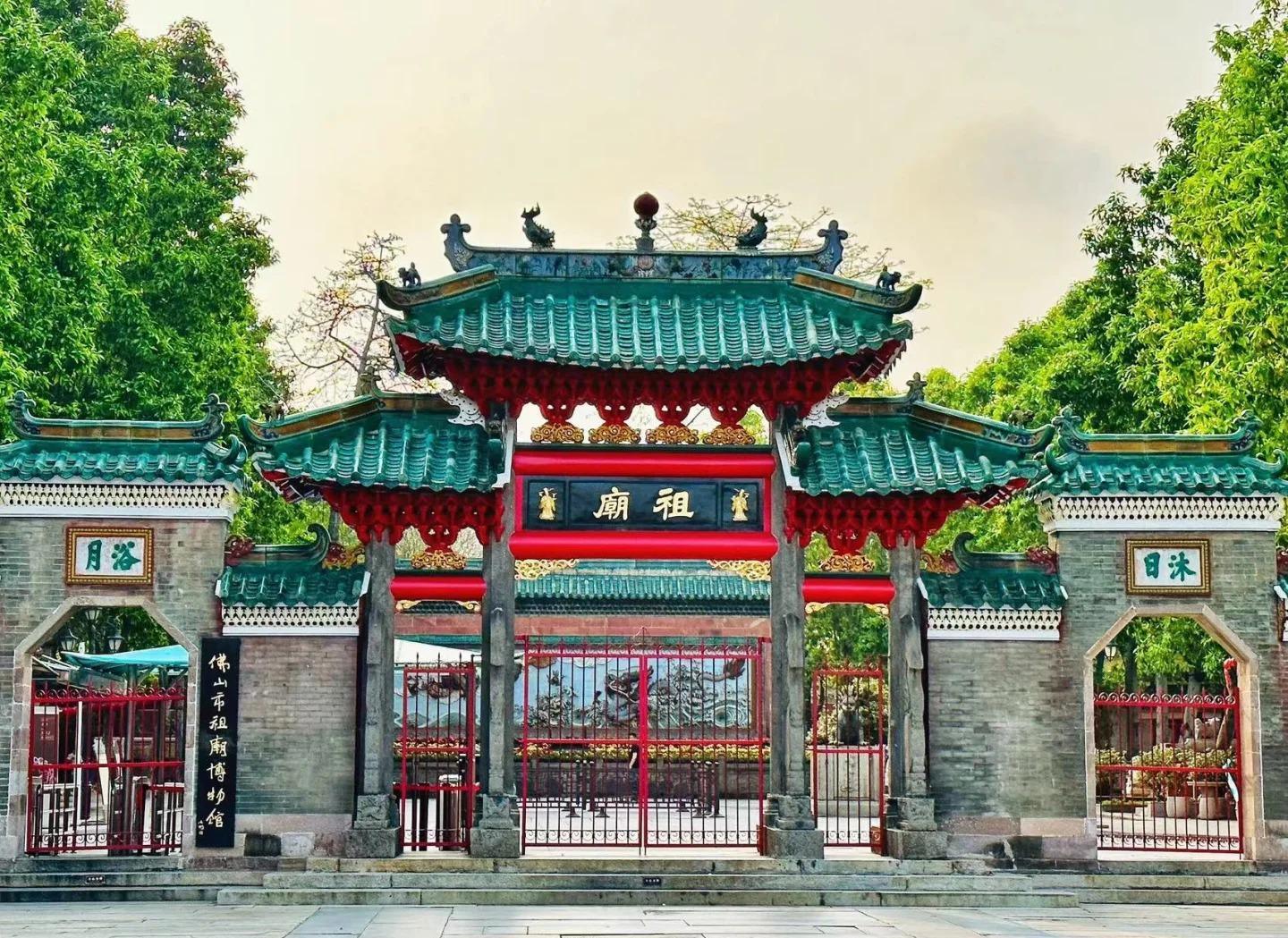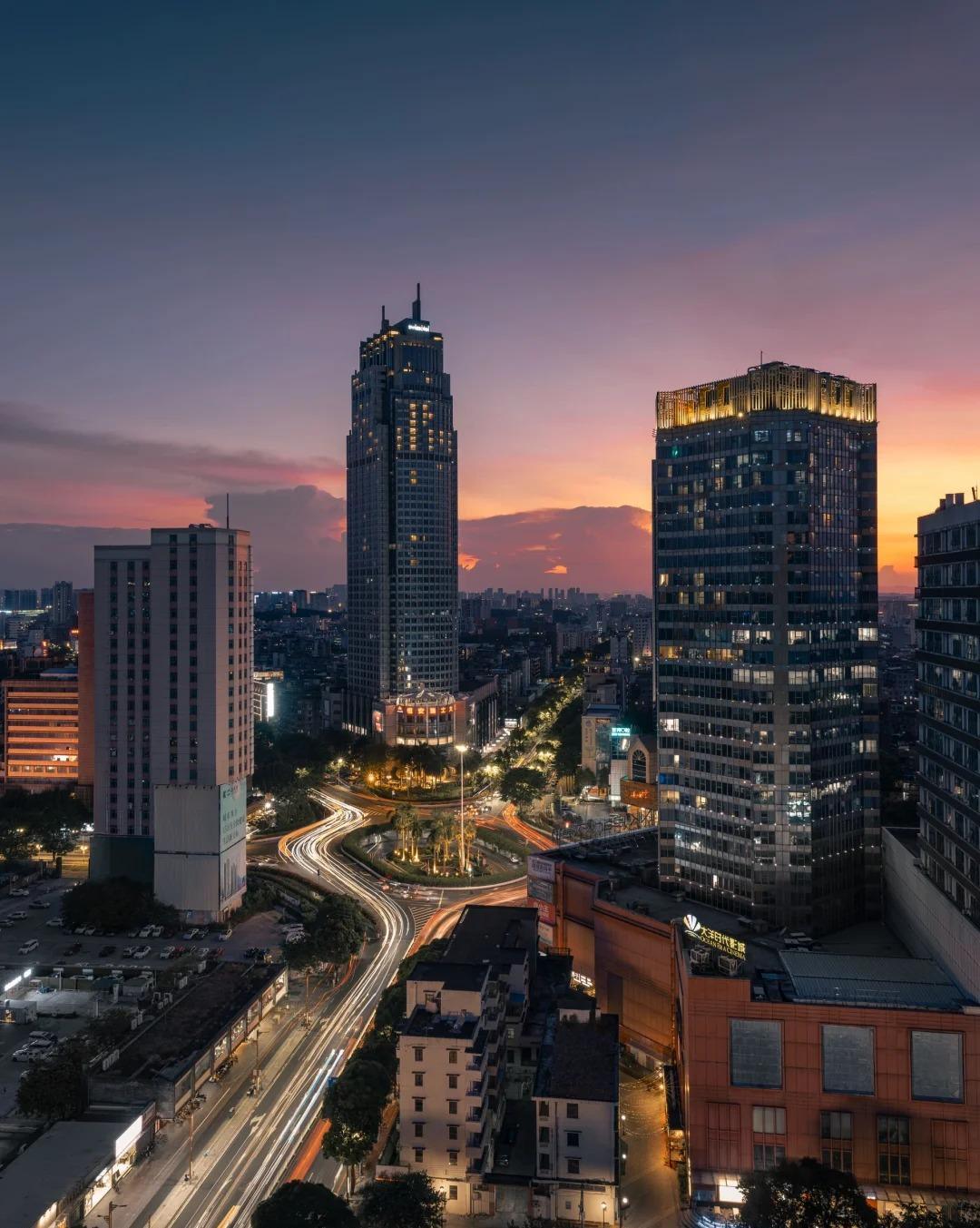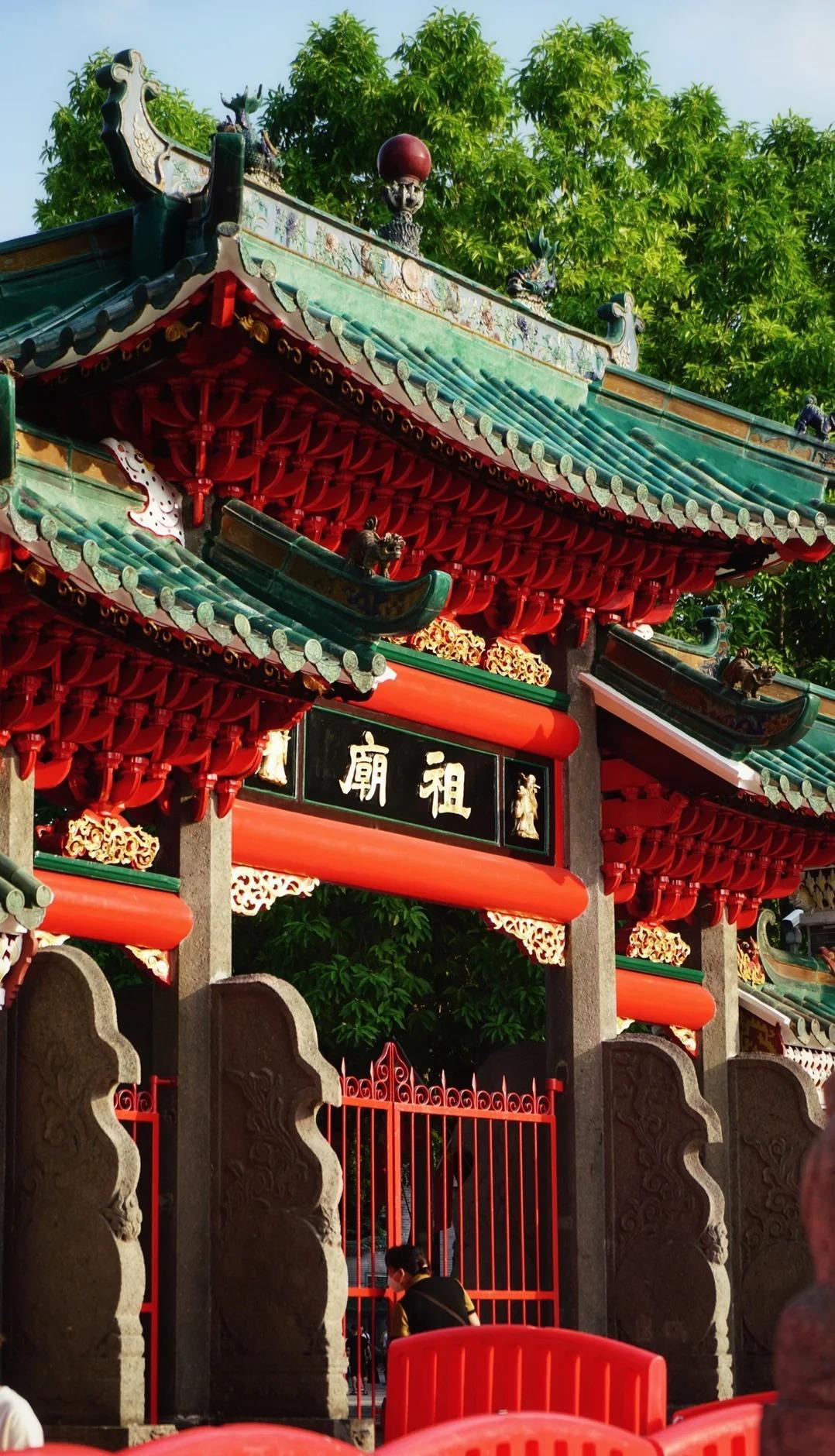Introduction
Nestled in the heart of Guangdong province, Foshan stands as a testament to China’s rich cultural tapestry and rapid modernization. This vibrant city, often overshadowed by its larger neighbor Guangzhou, offers a unique blend of traditional charm and contemporary dynamism. With a history spanning over 5,000 years, Foshan has played a pivotal role in shaping the region’s cultural and economic landscape.

Historical Background
Foshan’s roots trace back to the Neolithic period, but it gained prominence during the Tang Dynasty (618-907 AD) as a center for ceramic production. The city’s name, which translates to “Buddha Mountain,” originates from a legend of three Buddhist immortals appearing on a mountain.
Key historical events include:
- 628 AD: Establishment of Foshan as an official town
- Song Dynasty (960-1279): Rise as a major ceramic production center
- Qing Dynasty (1644-1912): Emergence as a hub for martial arts and lion dancing
Foshan’s cultural significance lies in its preservation of traditional arts and its role in the development of Cantonese culture.

Geography and Demographics
Located in the central part of Guangdong Province, Foshan enjoys a subtropical monsoon climate with warm winters and hot summers. The city covers an area of 3,797.72 square kilometers and is divided into five districts: Chancheng, Nanhai, Shunde, Gaoming, and Sanshui.
As of 2020, Foshan’s population stood at approximately 7.9 million, making it one of the most populous cities in the Pearl River Delta region. The city’s demographic makeup is predominantly Han Chinese, with a growing community of domestic and international migrants contributing to its cultural diversity.

Economy and Industry
Foshan has emerged as a major economic powerhouse in Guangdong province, second only to Guangzhou in terms of GDP. The city’s robust economy is driven by a diverse range of industries:
| Industry Sector | Key Products/Services |
|---|---|
| Manufacturing | Household appliances, ceramics, furniture |
| High-tech | Electronics, robotics, new materials |
| Service | Finance, logistics, e-commerce |
Foshan’s economic significance extends beyond its borders, playing a crucial role in the Greater Bay Area initiative, which aims to integrate Hong Kong, Macau, and nine cities in Guangdong Province into a world-class economic hub.
Cultural Heritage
Foshan is renowned for its preservation of traditional arts and crafts, earning it the moniker “Hometown of Ceramic, Kungfu and Lion Dance.” The city’s cultural landscape is characterized by:
- Martial Arts: Birthplace of Wing Chun and other southern Chinese martial arts styles
- Cantonese Opera: A stronghold for this traditional performing art
- Ceramics: Centuries-old tradition of porcelain and pottery making
Notable cultural landmarks include:
- Ancestral Temple of the Chen Family: A magnificent example of Qing dynasty architecture
- Foshan Zumiao (Ancestral Temple): Dedicated to the Northern God
- Liang Garden: A classic Lingnan-style garden

Tourist Attractions
Foshan offers a plethora of attractions that cater to diverse interests:
| Attraction | Description |
|---|---|
| Xiqiao Mountain | Scenic area with Buddhist temples and stunning views |
| Qinghui Garden | Ming dynasty garden known for its intricate design |
| Foshan Museum | Houses an extensive collection of ceramics and historical artifacts |
Unique experiences for visitors include:
- Participating in a traditional lion dance workshop
- Exploring the ancient kiln sites in Shiwan
- Taking a martial arts class at a local Wing Chun school

Conclusion
Foshan stands as a shining example of how a city can preserve its rich cultural heritage while embracing modern development. Its unique blend of traditional arts, historical sites, and thriving industries makes it a captivating destination for both cultural enthusiasts and business travelers.
As Foshan continues to grow and evolve, it faces the challenge of balancing preservation with progress. However, with its strong cultural foundation and dynamic economy, the city is well-positioned to play an increasingly significant role in China’s future, both as a cultural treasure and an economic powerhouse.






